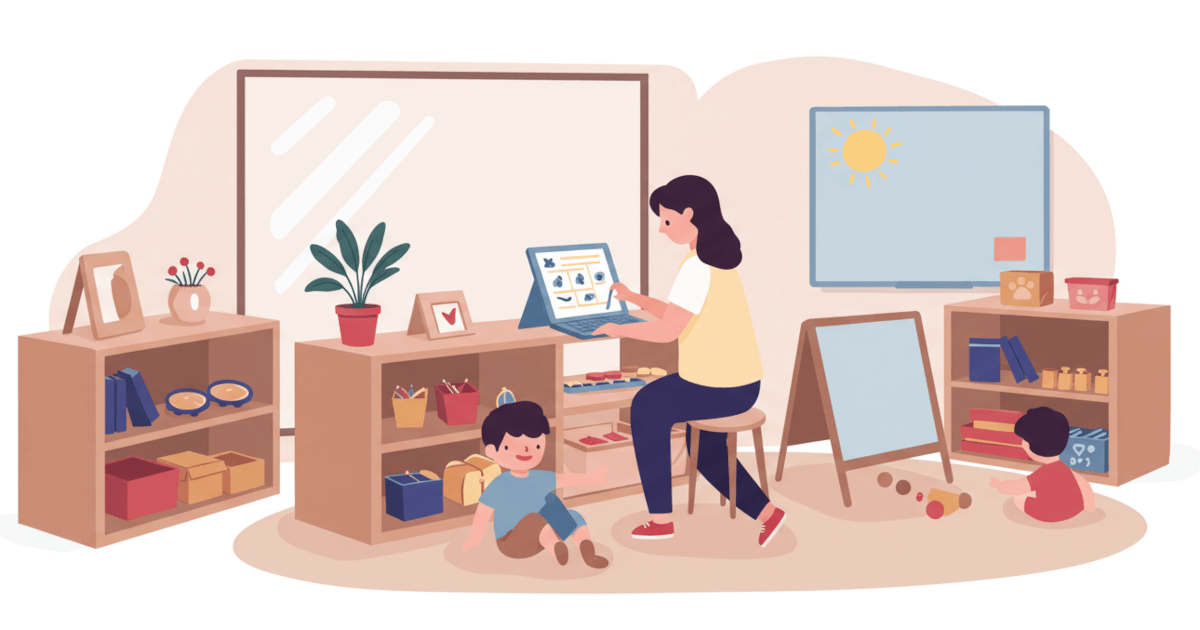
A childcare worker is a professional dedicated to supporting the growth and development of infants and young children. They help children with daily activities, encourage healthy habits, and create a safe and engaging environment for learning and play. Being a childcare worker requires not only the ability to connect with children but also strong adaptability and communication skills to handle various situations effectively. This assessment will help you determine if you have the qualities suited for a career in childcare. Understanding your strengths and suitability for this role can be valuable in considering your future career path.
A childcare worker is a professional dedicated to supporting the growth and development of infants and young children. They help children with daily activities, encourage healthy habits, and create a safe and engaging environment for learning and play. Being a childcare worker requires not only the ability to connect with children but also strong adaptability and communication skills to handle various situations effectively.
This assessment will help you determine if you have the qualities suited for a career in childcare. Understanding your strengths and suitability for this role can be valuable in considering your future career path.
The responsibilities of a childcare worker vary depending on their workplace. Those working in daycare centers and preschools typically care for children from infancy to age six, supporting their growth through play and learning activities. Their main duties include managing mealtimes and naps, ensuring safety within the facility, and maintaining communication with parents.
In infant care homes and child welfare facilities, childcare workers focus on providing emotional support to children who live apart from their families. They help create a stable and nurturing environment that serves as a substitute for home life. In facilities for children with disabilities or in medical institutions, childcare workers provide specialized care tailored to children with developmental delays or disabilities, ensuring they receive the appropriate support for their unique needs.
Beyond traditional daycare settings, childcare professionals are expanding into new roles, including corporate childcare, babysitting services, and municipal parenting support centers. Some also work in nighttime childcare or sick-child care, which require additional attentiveness and flexibility. Despite the different settings, all childcare workers share the common goal of supporting each child's growth and development in a safe and nurturing environment.
In the U.S., becoming a certified childcare worker depends on meeting your state’s specific requirements. While there’s no national certification exam, many pursue the Child Development Associate (CDA) credential, or complete a certificate or degree in Early Childhood Education (ECE) at a college or vocational school.
These programs cover topics like child development, health and safety, and classroom management, along with practical experience through supervised training. Most states also require CPR/First Aid certification, a background check, and a certain number of training hours.
Once certified, childcare workers can work in daycare centers, preschools, or home-based care. With experience, they may advance to roles like lead teacher, center director, or ECE program coordinator.
Because childcare has a direct impact on early development, ongoing training and professional growth are important. Many states require continuing education to keep certifications current and ensure high-quality care.